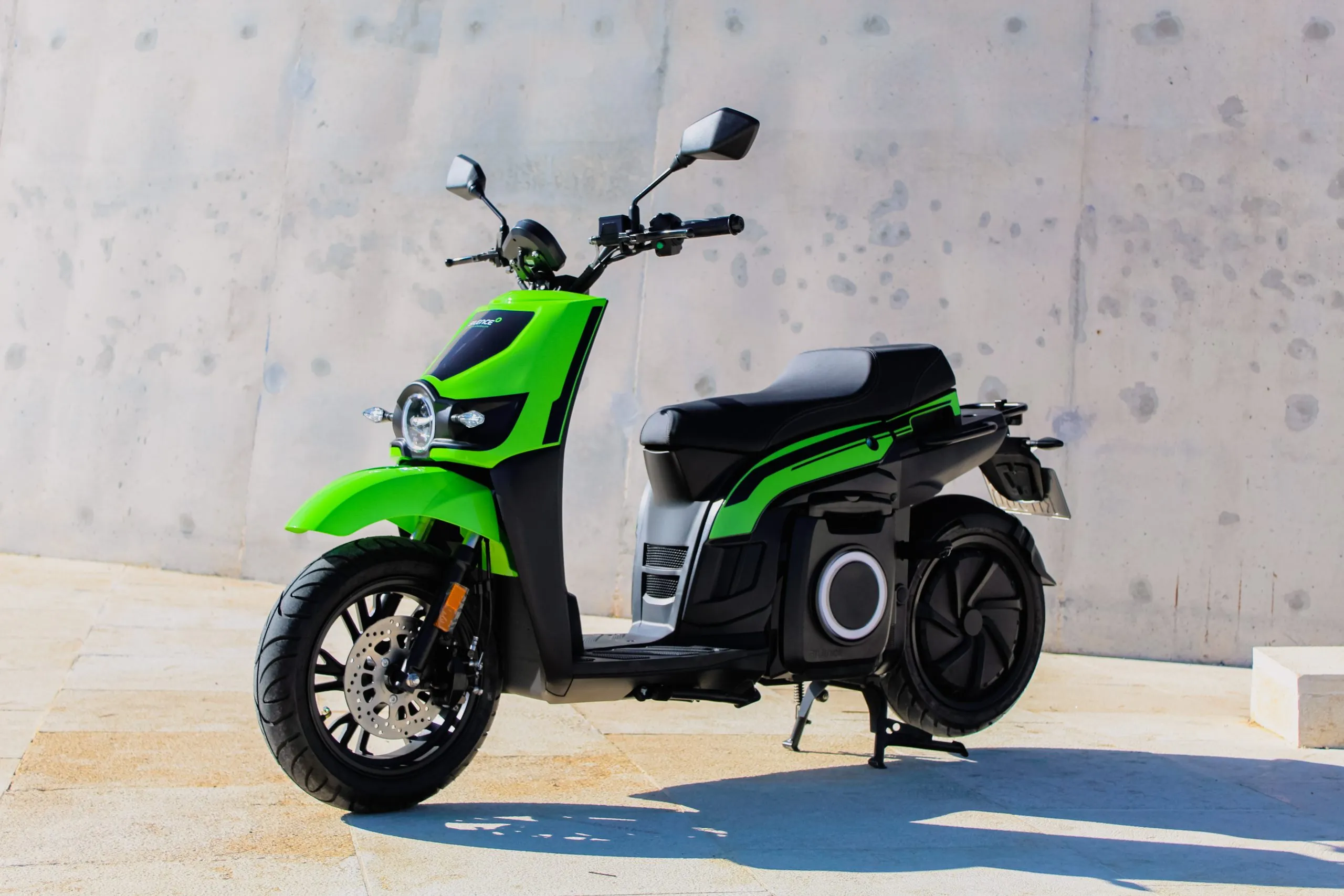As the world shifts towards greener and more sustainable modes of transportation, electric motorbikes are rapidly gaining popularity. Offering a blend of eco-friendliness, efficiency, and cutting-edge technology, these bikes are reshaping the landscape of two-wheeled transport. Whether you’re a seasoned rider or a newcomer to the biking community, understanding the benefits and future potential of electric motorbikes can help you decide if they are the right choice for you. This article explores why electric motorbikes are becoming the future of transportation and what advantages they bring to the table.
Why Choose Electric Motorbikes?
Electric motorbikes are not just a trend; they represent a significant step forward in transportation technology. Unlike traditional gasoline-powered bikes, electric motorbikes run on batteries, making them emission-free and significantly reducing their carbon footprint. This is particularly appealing to environmentally-conscious riders looking to minimize their impact on the planet.

Electric Motorbikes
Cost-Effectiveness and Low Maintenance
One of the biggest advantages of electric motorbikes is their cost-effectiveness. Although the initial purchase price may be higher than that of a traditional motorbike, electric bikes often have lower operating costs. The cost of electricity is significantly cheaper than gasoline, and with fewer moving parts, electric bikes require less maintenance. There’s no need for oil changes, and the reduced wear and tear on components like the engine and brakes mean lower maintenance costs over time.
Additionally, many governments offer incentives, tax rebates, and subsidies to encourage the purchase of electric vehicles, including motorbikes. These financial benefits make electric motorbikes an attractive option for budget-conscious consumers.
Quiet and Smooth Riding Experience
Another appealing feature of electric motorbikes is the quiet and smooth riding experience they provide. Unlike their gasoline counterparts, which often produce loud engine noises, electric motorbikes operate almost silently. This not only contributes to a more peaceful ride but also reduces noise pollution, especially in urban areas. Riders can enjoy a more relaxed journey without the constant roar of a traditional engine. Moreover, the instant torque delivered by electric motors ensures a smooth and responsive ride, enhancing the overall riding experience.
Technological Advancements and Connectivity
Electric motorbikes are at the forefront of technological innovation. Many models come equipped with smart features such as Bluetooth connectivity, GPS navigation, and digital displays that provide real-time information about speed, battery life, and range. Some even offer smartphone apps that allow riders to monitor their bike’s performance, schedule maintenance, or find nearby charging stations. These technological advancements make electric motorbikes a more integrated and convenient option for modern riders.
Environmental Impact and Sustainability
The environmental benefits of electric motorbikes are undeniable. As they run on electricity, they produce zero tailpipe emissions, helping to reduce air pollution and greenhouse gas emissions. This makes them an excellent choice for riders looking to contribute to a cleaner and healthier environment. In addition, as the energy grid becomes greener with more renewable sources like solar and wind, the environmental impact of charging electric bikes decreases even further.
Moreover, the production of electric bikes is becoming more sustainable. Manufacturers are increasingly focusing on using recyclable materials and reducing waste in the production process. This ensures that electric motorbikes not only help reduce emissions but also promote sustainable manufacturing practices.
Challenges and Future Outlook
While electric motorbikes offer numerous benefits, there are still some challenges to consider. The most significant hurdle is the limited range compared to gasoline-powered bikes. However, advancements in battery technology are continually extending the range of electric bikes. Fast-charging networks are also expanding, making it easier for riders to charge their bikes on the go.
Another challenge is the availability of charging infrastructure. Although charging stations are becoming more common in urban areas, they are still less prevalent in rural regions. However, as demand for electric vehicles grows, governments and private companies are investing heavily in expanding charging networks, which will likely solve this issue in the near future.
The future of electric motorbikes looks promising as technology continues to advance and infrastructure improves. With major manufacturers and startups alike entering the market, the variety and quality of electric motorbikes are expected to rise. In the coming years, we can anticipate more powerful batteries, faster charging options, and even smarter connectivity features.
Conclusion: Embracing the Future of Transport
Electric motorbikes represent a pivotal shift in the world of transportation. With their eco-friendly nature, low maintenance costs, advanced technology, and smooth riding experience, they are set to become the future of two-wheeled transport. While there are still some challenges to address, the benefits they offer make them a compelling choice for those looking to embrace a more sustainable and modern mode of travel. As innovation continues to drive this industry forward, now might be the perfect time to consider making the switch to an electric motorbike.


